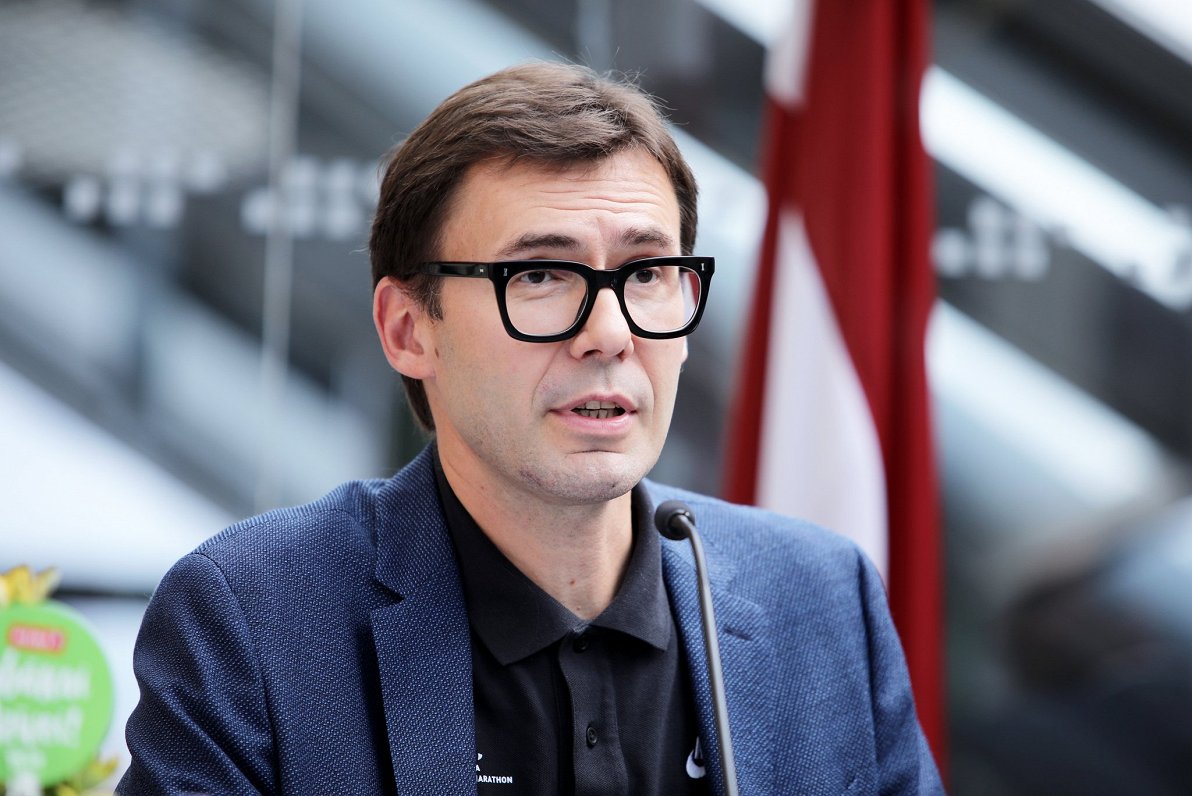At the time the government decided to cancel the marathon, around 500 people were working on the route. Nords said that Jurijs Perevoščikovs, spokesman for the Centre for Disease Prevention and Control (SPKC), had already indicated on Friday during the day that especially children's participation would be hazardous, and the organizers were prepared to cancel child competitions as well as short distances, leaving the traditional marathon and half-marathon.
Nords said that a compromise could have been found, and the Cabinet's competence does not include approval or non-approval of events. However, reduction of the number of participants from 1,000 to 300 people as per the new rules, directly called for cancelling the marathon, Nords said. He added that epidemiologists recommended a limit of 1,000 people at which the marathon would be possible.
He added that the cancelation of the marathon had been a political decision but that he would probably have done the same in Prime Minister's shoes. Nords believes that the government needs to be ready for innovative solutions – looking for ways that sporting events can take place even in present circumstances.
The next Rīga marathon is currently scheduled for May, shortly before the forthcoming world championship in hockey, another potentially problematic event given that Latvia is supposed to be co-hosting with Belarus.
Nords pointed out that these are temporary plans – the organizers will look for a solution how to secure the marathon's future, as the situation in sport changes from day to day.



























